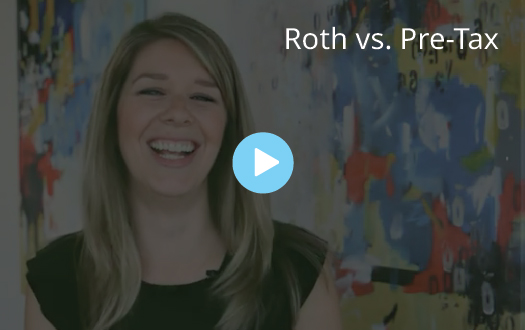Reduce Debt: The Snowball Method


If debt is a leading contributor to your overall stress, you’re not alone. As of March 2023, the average U.S. household with each type of debt had a total of $17,956 on credit cards, $59,461 in student loans, and $29,107 in auto loans.1 That volume of debt can be a real burden on your wallet, relationships and ability to achieve other important goals like saving for retirement.
The past year has been an expensive one, with inflation being a factor felt by everyone. Unfortunately, with interest rates also rising, debt can be more costly than ever. If you currently carry consumer debt, it is likely worth your while to take a look at your personal spending to see if there are opportunities to cut back. Eliminating your debt will save you money in interest and free your income for other goals.
A simple way to reduce your debt is through the snowball method:
- Step 1: List your debts from smallest outstanding balance to largest, excluding your mortgage if you have one.
- Step 2: Make minimum payments on all your debts except the one with the smallest outstanding balance.
- Step 3: Pay as much as possible on your smallest debt – any extra money you have throughout the month should go towards that debt repayment until it’s paid in full. Once it’s paid, you should move to the next debt on your list.
- Step 4: Repeat until each debt is paid in full.
Eliminating your smallest debt first and gaining momentum as each balance is paid off is an effective way to become debt free. This method is breaking your overall debt down into manageable steps and each debt pay off frees up more income as you move towards larger debts.
If you end up having a few debts that have similar outstanding balances, you can shift prioritization based on interest rate, tackling the higher interest rates first.
12022 American Household Credit Card Debt Study - NerdWallet



